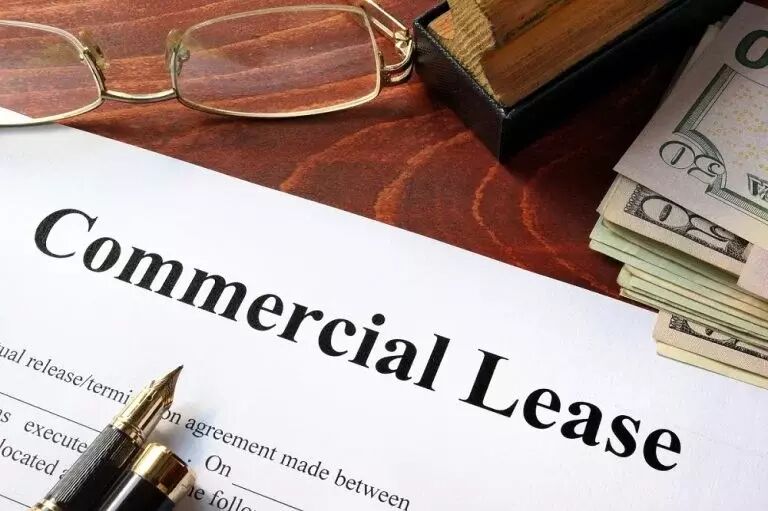When drafting a lease, it is important to that it set out how a tenant is permitted to use the premises. While the permitted use is often no more than a few words, it is the balancing legal term between both the landlord and tenant’s interests.
How a property solicitor will advise you, depends on your status in the lease and any future plans for the premises. Landlords, need to consider if they wish to apply certain use restrictions to maintain both a greater control over the specifically leased premises and the tenant mix in the overall building. Tenants, however, often prefer a broader definition which allows for greater freedom. Tenants should also consider the future of their business or ability to transfer the lease, long before signing any contract.
A recent example is a matter where a tenant operating a clothes shop wished to transfer the lease to an adult bookstore operator. The lease stated the tenant could use the premises for “any legal use of the premise”, however, the landlord was objecting to the transfer for a number of reasons including moral grounds. Cases like these, clearly demonstrate the importance of creating clear terms and conditions for the tenant’s use of the premises.
Consider the following aspects when attempting to determine what the permitted use scope should contain.
- Future assignment: A highly restrictive permitted use affects a tenant’s ability to assign the use in the future. In the previously mentioned example, it would bestow the landlord with the ability to reject the transfer to the bookstore operator with no legal problems. This is especially relevant in retail complexes where the landlord may wish for stronger control over the retail mix, or prevent certain businesses types.
- Exclusive Rights: When a landlord grants exclusive use rights to a tenant, care should always be taken to be clear in the description of exclusive use. Landlords leasing commercial property should take care when drafting exclusive use that any subsequent leases do not infringe on the tenant’s exclusive rights. This is particularly tricky when the proposed tenant operates a similar but not identical business.
- Liquor Licence: If the landlord leases to tenants running restaurants or similar food shops, they should consider the permitted use of a liquor licence. While the first consideration is if they wish to permit alcohol to be consumed or sold, the lease terms should also decide who will own and control the liquor licence.
Not an exhaustive list, landlords and tenants should carefully consider all the potential restrictions of a permitted use clause when negotiating a lease. For any queries on leases consult the leading property lawyers in Melbourne at P&B Law today.
